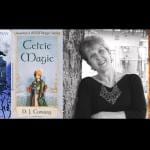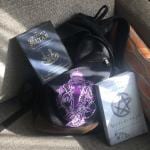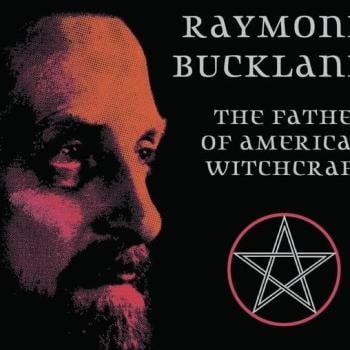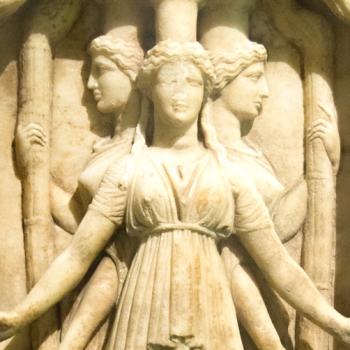When I was a five years old I had three warts on my right hand, and every night for about six months my father applied Compound W to them. After many treatments the warts would burn away into nothing, and then as soon as they were destroyed they would immediately grow back in the same place at the same size.
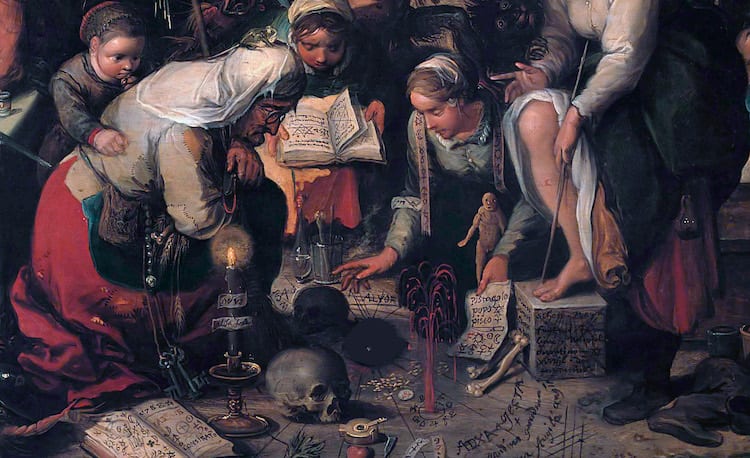
After a year of frustration and disappointment someone at work gave my Dad a copy of what they called “The Moon Trick,” which was guaranteed to get rid of warts (so we were told). I don’t remember all the details of the trick, but it involved exposing my warts to the light of the full moon and reciting an incantation over them. A couple of days later they were gone, and this time they didn’t come back. (Thinking about this today, I can’t help but think how cool it is that my first exposure to magick was in the first grade, and with my Dad!)
Considering how the words “Witch” and “Witchcraft” are used by many people today, I could probably claim that my father was a Witch and used Witchcraft on my warts. However, my father is not a Witch, probably doesn’t believe in magick (even though he’s seen it work at least once!), and didn’t think what we were doing that night was Witchcraft. But more and more I see this strange and growing tendency to label any magickal operation Witchcraft and to label any magickal practitioners Witches.
I came across a comment from a friend online the other day who claimed that members of his family had been practicing Witchcraft for centuries while remaining committed Christians. He mentioned his family was from Central Pennsylvania, and due to that association I’m going to guess his family has a history of brauche or braucherei (sometimes called Pow-Wow), which is a magickal tradition amongst the Pennsylvania Dutch. (If you’ve ever read or heard of the book The Long Lost Friend you’ve been exposed to some of the ideas in this tradition.)
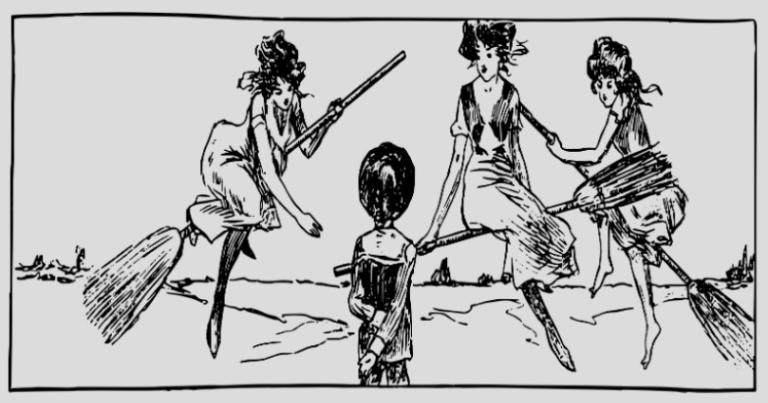
Certainly many brauchers are powerful magickal folks, but no one practicing the tradition 200 or even 100 years ago called themselves a Witch. Generally those who practice brauche believe they are performing magick against Witches, not as Witches. People visit brauchers to be un-witched, not to practice Witchcraft. I’d never argue that my friend’s family hasn’t been practicing magick for generations, I’m sure they have, and he’s probably added many of those traditions to his own practice. However, I don’t think it’s fair to retroactively label a tradition Witchcraft when that designation would not have been used by those who practice said tradition.
Labeling every magickal tradition Witchcraft limits magickal traditions, and takes away the unique identities of traditions. Despite what many history books say, magick is a strong and vital part of most cultures. And many of those magickal traditions have their own terminologies, definitions, and ways of doing things. Calling them all Witchcraft suggests a common thread that is often absent, and suggests a self-identity which is most likely unwanted. (I know, not everyone wants to be a Witch! That’s weird to me too!) I also just think it’s a shitty thing to do to other traditions
The term Witchcraft comes from combining the words witch (and before that the words wicce and wicca which is where witch comes from) and craft (previously craeft). Witchcraft therefore is the craft of a witch, and under such a definition one cannot practice witchcraft unless they identify as a witch. If your magickal tradition exists in opposition to Witches it’s likely that you don’t identify as a Witch.
Certainly someone can practice Witchcraft while making use of traditional magickal sources, whether from books or a family inheritance. Modern Witchcraft owes its very existence to a variety of sources, and most Witches are continually adding new ideas and techniques to their practice. And when they add those new elements to their practice it becomes a part of their Witchcraft, but that doesn’t retroactively make The Moon Trick my Dad and I used all those years ago Witchcraft.
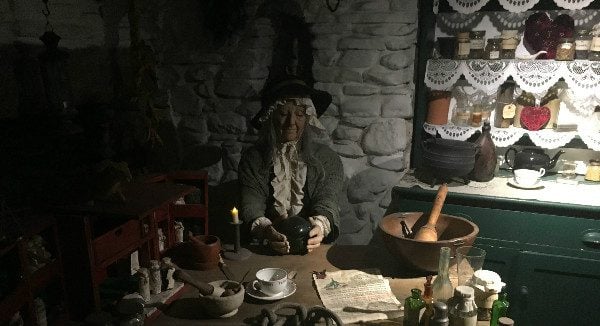
If Witchcraft is simply a catch-all for any sort of magickal tradition I’m not sure it has any meaning. The Pagan blogosphere is full of all sorts of arguments on what exactly a Witch is, and it’s likely that none of us define the word in exactly the same way. However, I seem to share a whole lot in common with every single self-identifying Witch I know, even those who actively mock my own tradition. We use magick in similar ways, and generally celebrate the same holidays; their altars all look a lot like mine too, and everything I see on the Instagram hashtag #WitchesofInstagram looks and feels familiar. I’m not sure an Amish practitioner of Pow-Wow and I are going to have a whole of anything in common, and I’m guessing most of them are going to be pretty angry if I call them a Witch.
Much like I don’t want the Mormon church attempting to baptize my soul by proxy after my death, I don’t want to disrespect my ancestors by calling them Witches if they didn’t identify that way in life. Witch is an identity that should be willingly embraced, not simply applied to others without their consent.


